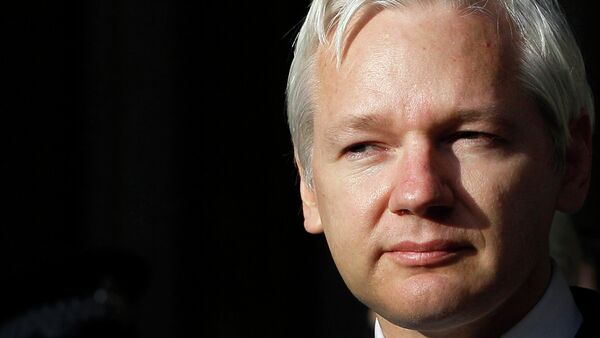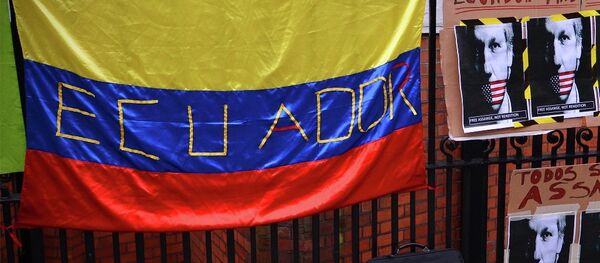Assange, who is Australian, took refuge at the embassy in June 2012 to avoid extradition to Sweden, where prosecutors want to question him over allegations he sexually assaulted and raped two women in 2010. He denies the accusations.
"You can't give anyone asylum at another country's embassy, that's against international law," Cecilia Riddselius, of the Swedish Justice Department, told Reuters. "If he wants asylum, he has to come to Sweden."
Assange says he fears Sweden will extradite him to the United States, where he could be prosecuted for WikiLeaks' publication of classified military and diplomatic documents five years ago, one of the largest information leaks in US history, Reuters reported.
At first, prosecutors insisted that Assange travel to Sweden for questioning, but reversed their decision in March and agreed to hold the interview in London.
In early June, prosecutors asked UK authorities for legal assistance and requested permission from Ecuador to interview Assange.
Riddselius said the Justice Department had done all it could to allow the questioning to take place, and the matter was now "completely in Ecuador's hands," Reuters reported.
A Swedish Prosecution Authority spokesman said a prosecutor went to London earlier this summer, ready to question Assange, but the Ecuadorian Embassy did not allow her to enter and she had to return home.



